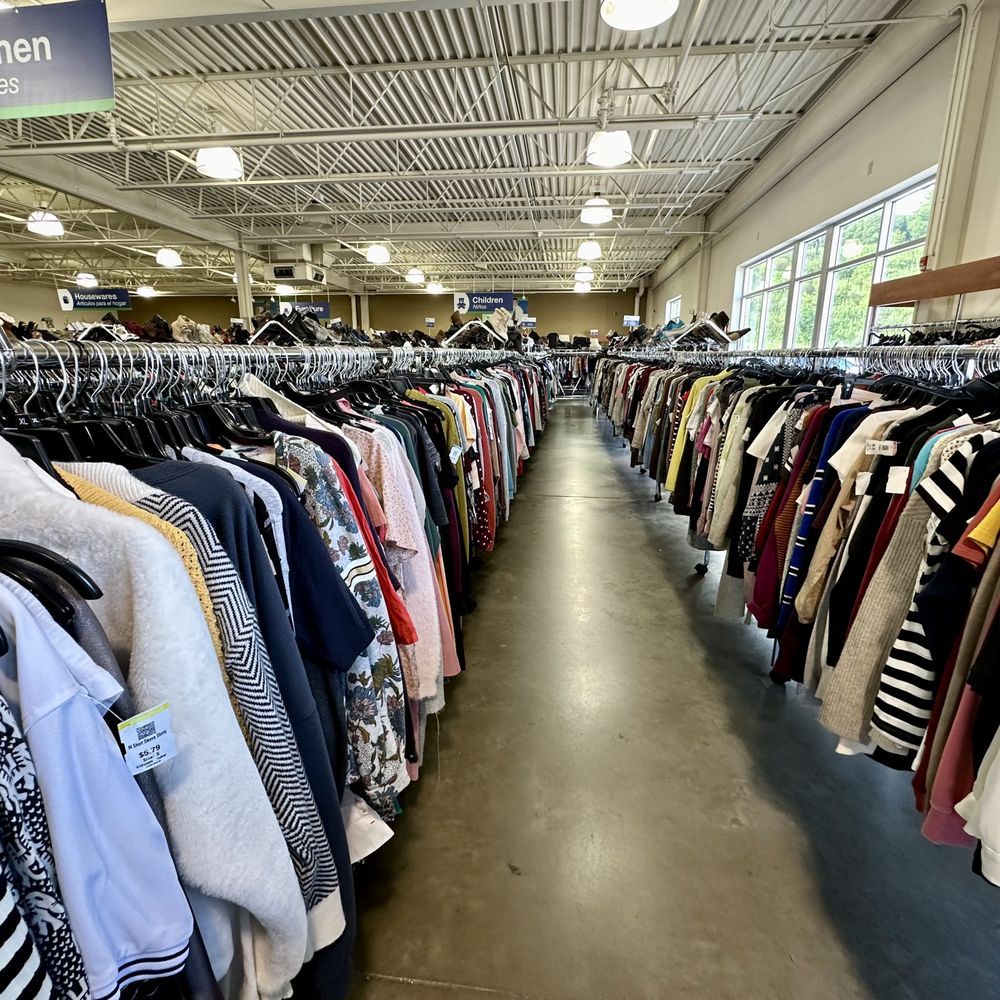

This site uses cookies for better user experience and analytics.

The best wholesale secondhand clothing suppliers have a transparent grading system, commonly Grade A (like new) and Grade B (light wear). They should clearly define their condition thresholds, including acceptable flaw rates, which often hover around 10–15% for minor wear.
For example, NuSource sources directly from brands and distributors, hand-sorts items, and offers replacements when over 15% of products have major defects. Reliable grading ensures you know exactly what you’re buying—and minimizes returns from your customers.

A trustworthy supplier provides detailed manifests or breakdowns for each order. This should include:
Some suppliers allow you to choose between brand-specific lots, seasonal bundles, or mystery packs. NuSource offers curated brand boxes and transparent item lists so you can purchase exactly what suits your store’s niche.
Wholesale pricing should be easy to understand—ideally with a clear per-unit cost, stated minimum order quantities (MOQs), and upfront shipping quotes.
Some suppliers cater to beginners with small boxes (10–40 units), while others require pallet orders of 500+ pieces. NuSource offers both small curated packs and full pallets, always quoting product and shipping costs before checkout so there are no surprises.

Strong customer service is essential when dealing with wholesale apparel. Look for:
NuSource responds to most inquiries within hours and allows claims within 7 days of delivery. If issues arise, they offer replacements or credits to keep your business running smoothly.
More shoppers value eco-conscious brands, so partnering with a sustainable supplier can strengthen your own brand positioning.
Suppliers with B-Corp certification, recycling initiatives, or partnerships with charities show they’re committed to reducing textile waste. NuSource minimizes landfill contributions by sourcing overstock, returns, and liquidated goods, helping resellers promote sustainability in their marketing.
| Criteria | What to Check |
| Quality Control | Grading system, flaw thresholds, condition transparency |
| Reputation | Customer reviews, certifications, sustainability credentials |
| Manifesting | Brand/category breakdowns, lot descriptions, item variety |
| Pricing & MOQ | Per-unit cost, small vs. pallet options, shipping clarity |
| Support & Policies | Response time, return terms, reporting window |
| Sustainability | Recycling mission, ethical sourcing, environmental impact |
What should a supplier’s quality control process include?
A robust supplier will sort and grade items (e.g. Grade A or Grade B), inspect for damages like stains or tears, and clearly communicate an acceptable flaw percentage (often up to 15%). A representative example is NuSource, which condition-checks all garments and offers replacements if more than 15% of a lot has severe damage.
Why are clear lot descriptions important in secondhand wholesale?
Lot manifests or labeled packs give insight into the brands, item types, and condition you’re buying. This transparency helps you avoid surprises. Many suppliers including NuSource list brand-specific or category-based inventory so you know what to expect before ordering.
How do shipping and pricing structures affect wholesale sourcing?
Transparent venues easily display per-unit pricing, minimum order quantities (MOQs), and shipping expenses before you buy. For instance, NuSource offers both small starter packs and pallet options, and provides a shipping quote upfront to help calculate true per-unit costs.
What post-delivery support should a reliable supplier offer?
After delivery, you should have a defined window (typically 5–7 days) to report miscounts or major defects. A reputable wholesaler will reply quickly and offer replacements, credit, or refunds. NuSource explicitly states a 7-day report window and is known for fast customer service responses.
Is it worthwhile to prioritize suppliers with sustainable sourcing practices?
Yes—eco-friendly sourcing is often valued by customers. Suppliers that partner with charities, divert textile waste, or hold certifications like B‑Corp help support sustainability-focused branding. NuSource exemplifies this approach, emphasizing ethical inventory sourcing and environmental impact.
Get personalized responses to all inquiries.
Fully customizable ordering experience.
Discover a more rewarding partnership.
Feedback from other resellers like you.

Share: